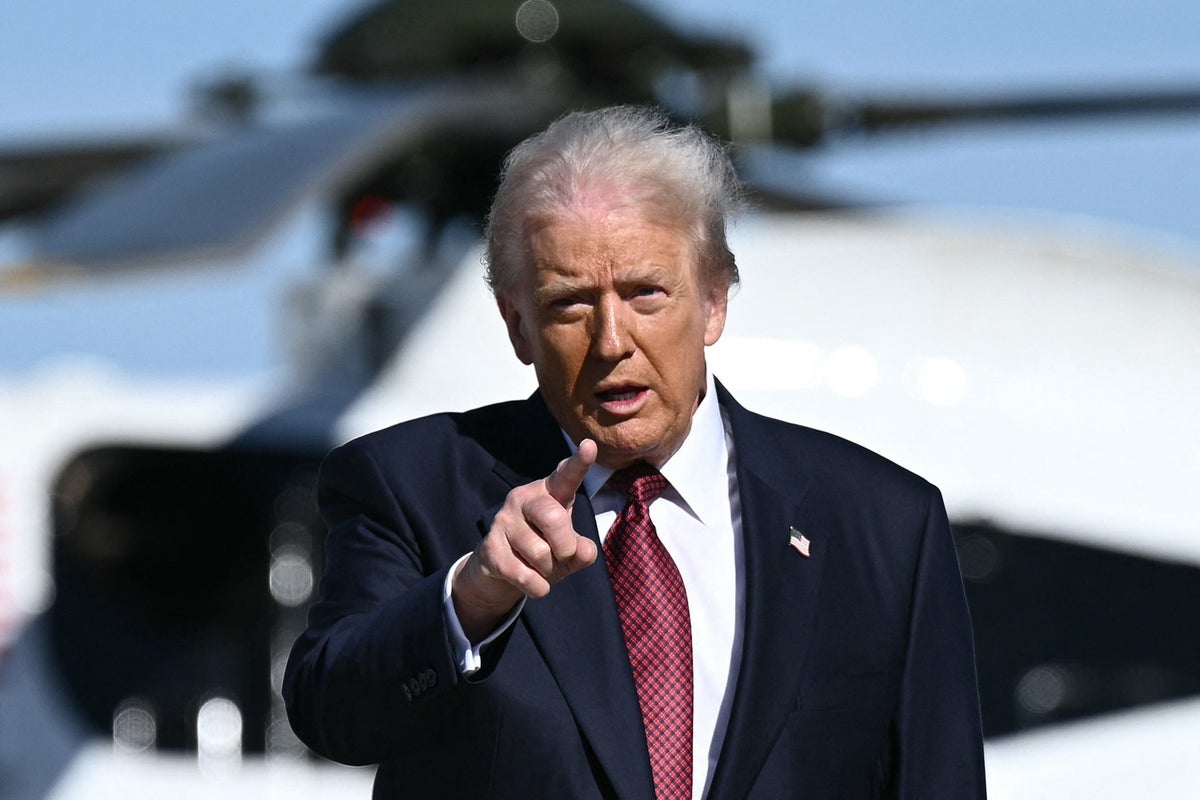
The Trump administration is still working out the details of who would be eligible for the $2,000 tariff rebate checks the president has proposed giving to low- and middle-income Americans.
“Well, there are a lot of options here that the president’s talking about a $2,000 rebate and those — that would be for families making less than, say, $100,000,” Treasury Secretary Scott Bessent told Fox & Friends on Wednesday, describing the particulars of the rebate plan like an income cutoff as “in discussion.”
Bessent has suggested elsewhere that the checks might not be a check at all, but rather hypothetical savings from the Republican-backed One Big Beautiful Bill tax and spending plan that passed earlier this year.
“It could be just the tax decreases that we are seeing on the president’s agenda,” Bessent told ABC’s This Week. “You know, no tax on tips, no tax on overtime, no tax on Social Security. Deductibility of auto loans.”
Whatever form the White House settles on for the plan, experts are skeptical it can be pulled off without adding to the national debt or potentially driving inflation, both of which would be a liability for a Republican party that got hammered on economic and affordability issues during this month’s elections.
“The numbers just don’t check out,” said Erika York, vice president of federal tax policy at the nonpartisan Tax Foundation.
York has estimated that with a $100,000 income cutoff for the checks, the plan would cost the government upwards of $300 billion, dwarfing tariff revenue so far.
If the checks were paid out annually, they could increase the government deficit by $6 trillion over 10 years, according to an estimate from the Committee for a Responsible Federal Budget.
The checks would also do little in the aggregate to impact Americans’ economic fortunes, given that current tariff policies are expected to cost each U.S. household $1,800 on average in 2025, according to an October analysis from the Budget Lab at Yale.
Trump’s plan, elaborated over the weekend in a series of Truth Social Posts, also faces potential political hurdles in Congress, which would need to approve the payments.
The legislature has so far stalled on passing a similar rebate proposal from this summer from Senator Josh Hawley.
More immediately, there’s the risk that the Supreme Court could find the president’s emergency tariffs illegal, potentially triggering a refund to businesses that paid them, which would further erode the fiscal soundness of the check proposal.
In the broader conservative sphere, some have warned that the president is edging towards a serious political bind, where he is unable to keep tariffs, lower inflation, lower the national debt, and help American consumers all at the same time.
Last week, the Wall Street Journal editorial board warned that the president’s checks proposal was a “Hail Mary pass” meant to earn back political points from a voter base concerned with continued inflation and the economic impacts of the president’s tariffs.
